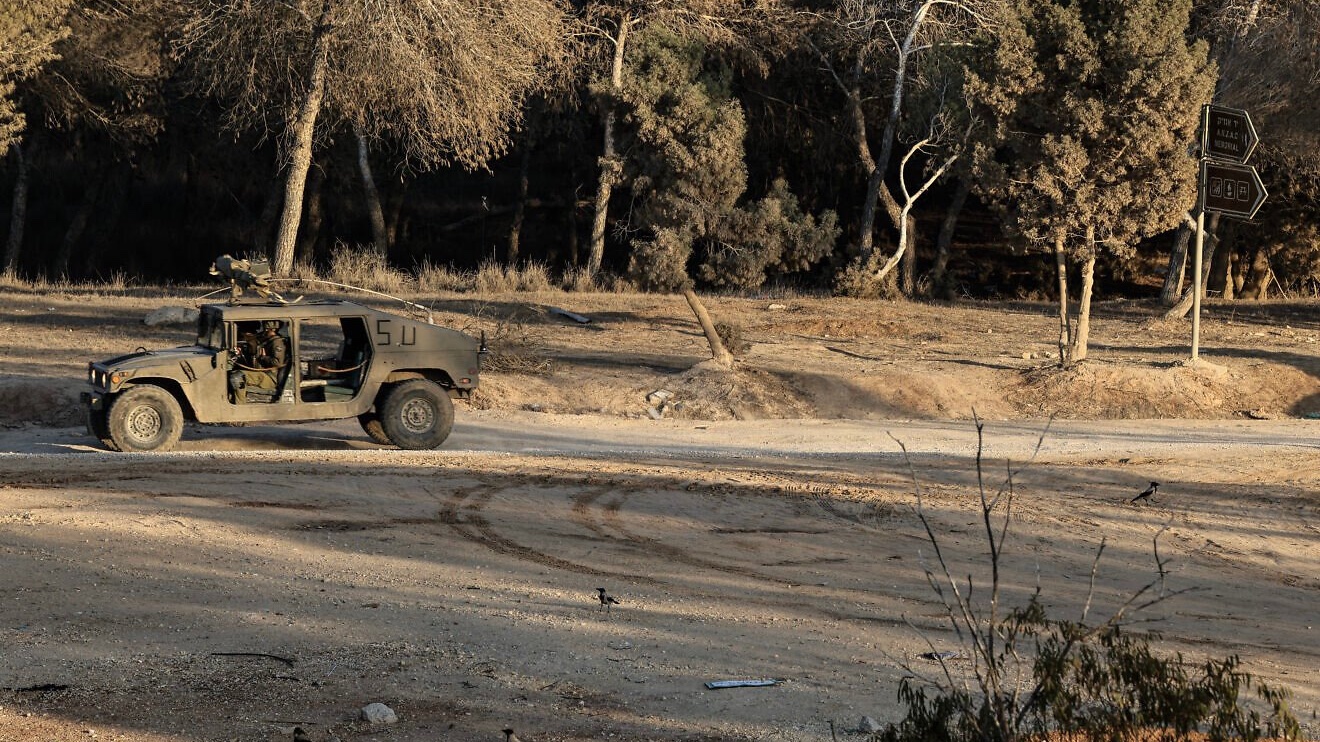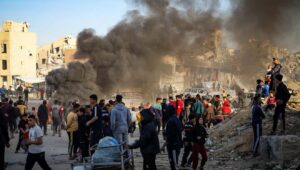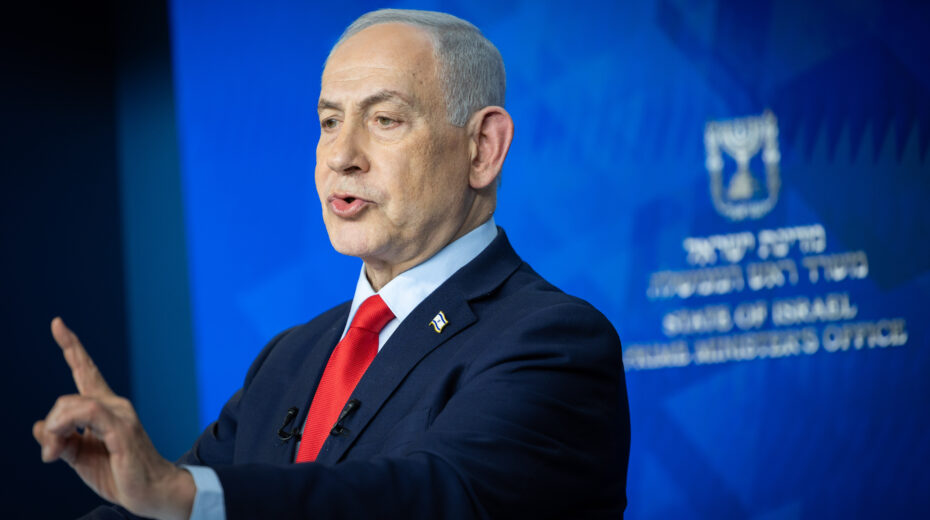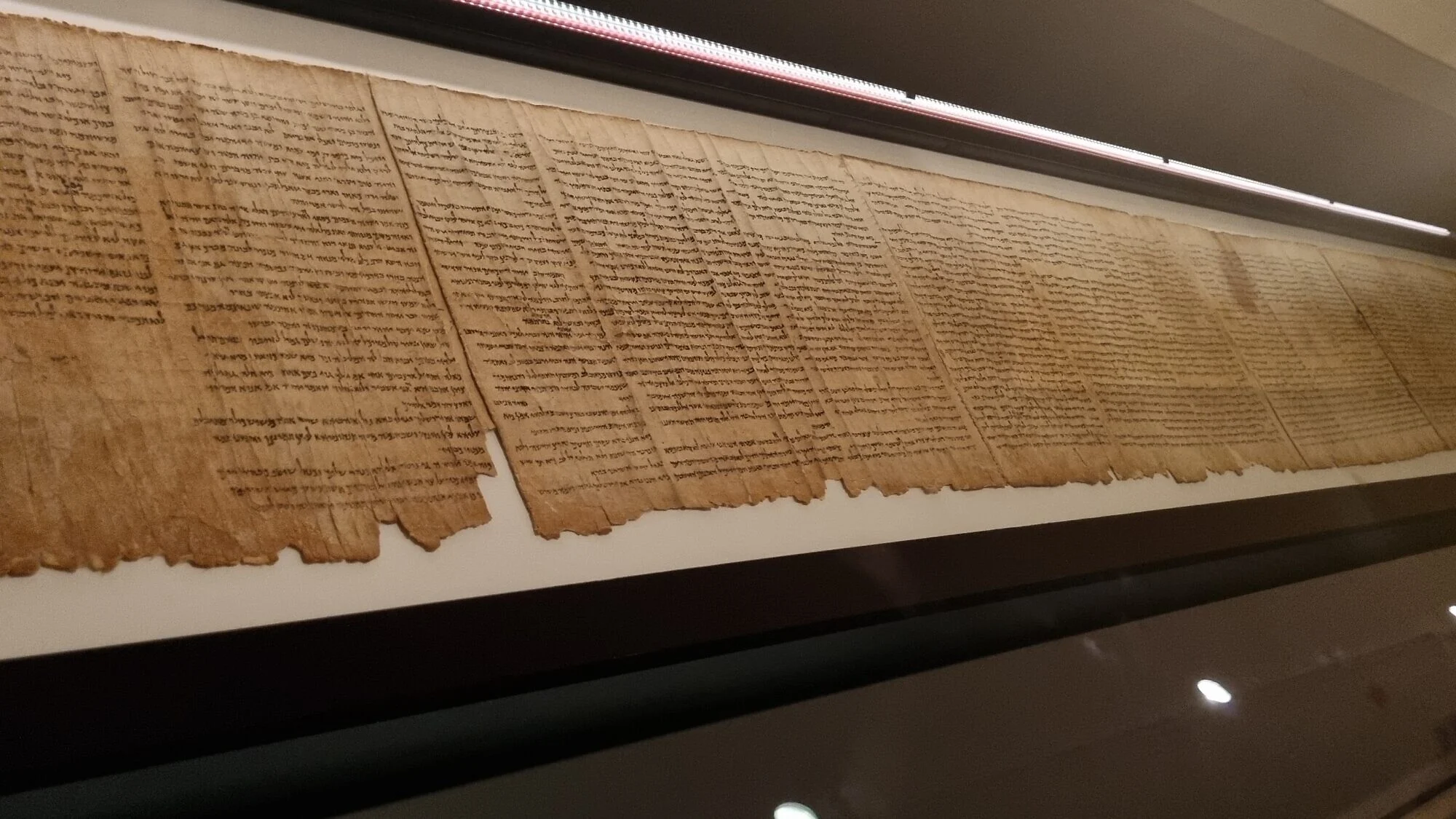(JNS) No doubt, the passage of UN Security Council Resolution 2803 on the postwar reconstruction of Gaza was a triumph for American diplomacy. Drafted by the United States and eagerly endorsed by a host of Middle Eastern and Islamic nations on Nov. 17—among them Qatar and Turkey, two of Israel’s most insidious adversaries—the resolution garnered 13 of the 15 votes on the council. Russia and China, two of the five permanent members with the power of veto, decided not to oppose the resolution, meekly abstaining instead.
However, the diplomatic obstacles to securing the resolution’s passage pale in comparison with the political and strategic obstacles confronting its implementation.
In post-conflict situations where outside forces are deployed to ensure stability, a distinction between peacekeeping and peace enforcement has traditionally been made. “Blue Helmet” operations deployed by the United Nations are either governed by Chapter VI of the UN Charter, which restricts these missions to monitoring, mediating and negotiating duties among the belligerent parties, or Chapter VII, which allows for the use...
Become a Member
-
Read all member content
Get exclusive in-depth reports from Israel.
-
Get exclusive in-depth reports from Israel
Connect with Israel, right from your home.
-
Lift up the voice of truth and hope
Support Jerusalem-based Zionist journalism.

Already a member? Login here.















I hope I am wrong, but, Hamas will not disarm, and therefore the ISF cannot be deployed !